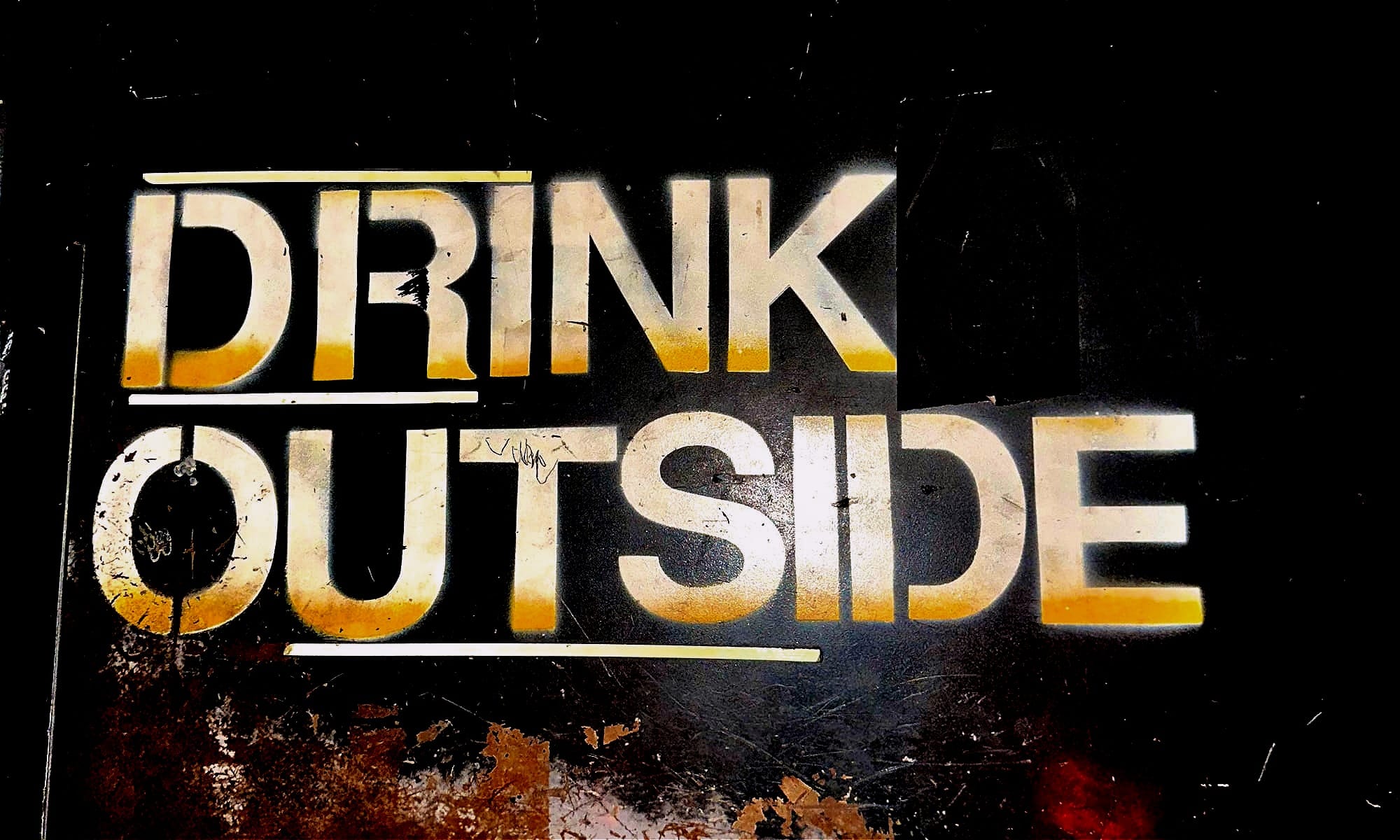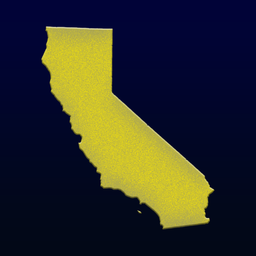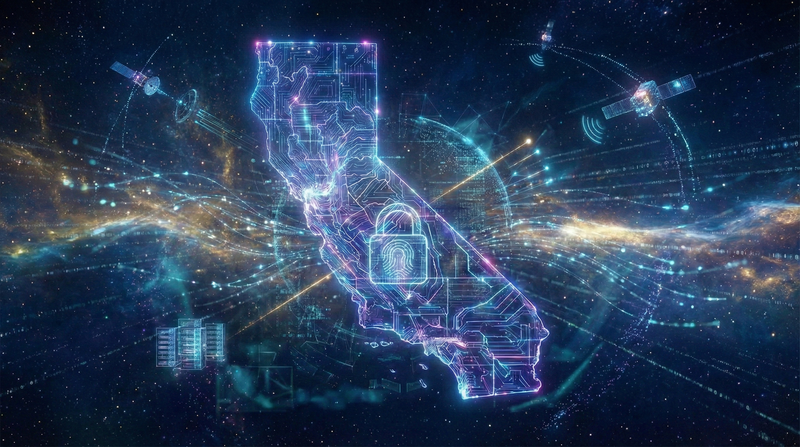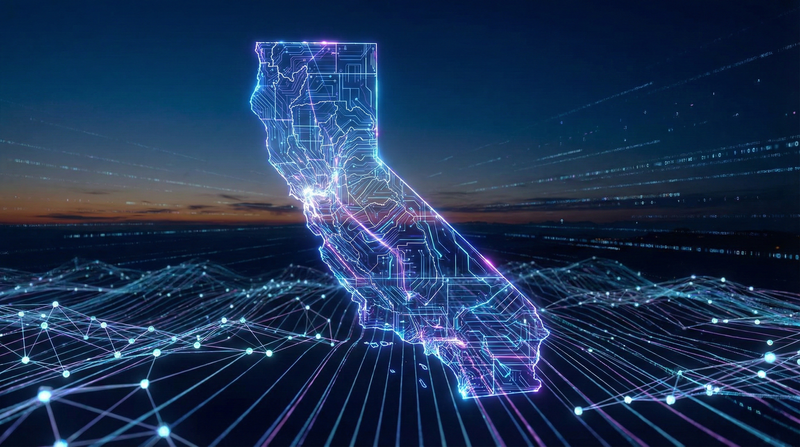California legalizes outdoor drinking in new "Entertainment Zones"
SB-969 introduces entertainment zones across California, where social gatherings and open-container alcohol consumption are legal, and regulated.
California’s SB-969 is set to change the way residents and visitors experience public events. By allowing cities and counties to establish "entertainment zones" where open-container alcohol consumption is permitted, the new law creates opportunities for more flexible and dynamic use of public spaces.
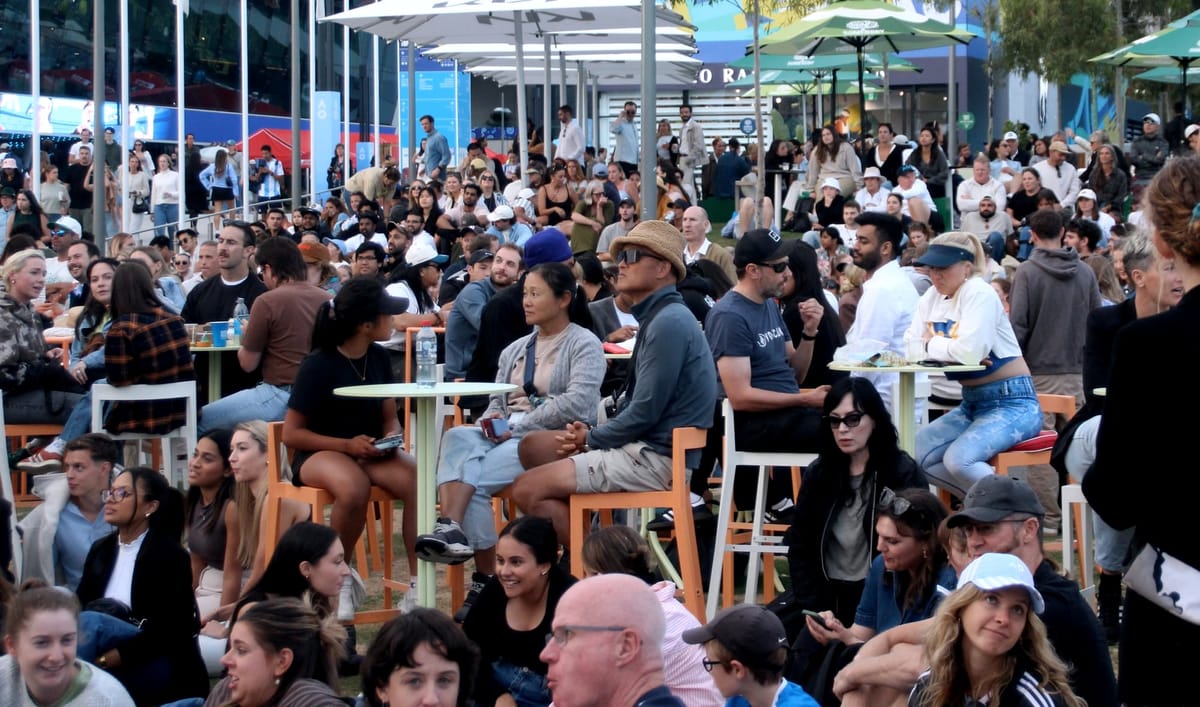
Starting in 2025, these zones aim to balance social engagement with clear regulations to maintain public safety.
Our bill allowing cities to establish entertainment zones — where local restaurants & bars can sell alcohol onto the street within the zone — passed its final policy committee today.
— Senator Scott Wiener (@Scott_Wiener) June 20, 2024
SB 969 empowers SF & other cities to activate public spaces, esp downtown. It’s a game changer.
According to the law, an entertainment zone is “a zone created by a city, county, or city and county ordinance … that authorizes consumption of one or more types of alcoholic beverages on public streets, sidewalks, or public rights-of-way adjacent to and during a special event permitted or licensed by the department.” While this opens the door for new possibilities at public gatherings, it also comes with a strict framework to guide implementation.
Building Community Through Shared Spaces
Entertainment zones offer the potential to energize California’s public life. These designated areas could become hubs for activities like music festivals, cultural events, and community markets. By creating spaces where alcohol consumption is allowed under controlled conditions, the law fosters opportunities for shared experiences in urban environments.
However, critics may question whether these zones could lead to increased noise or disruptions. To address such concerns, the law requires cities to consult with local law enforcement before establishing a zone, ensuring that potential health and safety impacts are considered upfront.
Opportunities and Challenges for Local Businesses
Local businesses, including bars, breweries, and wineries, can benefit from the law’s provisions. SB-969 allows these establishments to sell beverages for consumption within the entertainment zone under specific conditions. For example, the law specifies that “all alcoholic beverages in the entertainment zone are purchased only at a licensed premises located within the entertainment zone,” preventing unregulated or unsafe practices.
At the same time, participating businesses must adhere to strict rules. Open containers must meet container requirements, such as being nonglass and nonmetal, and beverages acquired outside the entertainment zone are not allowed. Businesses must also annually notify the state of their intent to participate in entertainment zones, which adds an administrative burden.
What Visitors Can Expect
For the public, entertainment zones mean a new way to experience events in California’s cities. Patrons can enjoy beverages outside, provided they follow the guidelines established by the ordinance creating the zone. These include age verification processes and restrictions on hours when open-container consumption is allowed.
While this may bring California cities in line with cities like New Orleans, where similar zones exist, it remains to be seen how widely these entertainment zones will be adopted. Some municipalities might embrace the opportunity to attract more visitors, while others may approach the concept with caution due to potential enforcement challenges.
A Shift in Public Space Use
SB-969 represents a shift in how California defines the use of its public spaces. While some see the law as an opportunity to encourage vibrant social events and boost local economies, others may worry about the unintended consequences, such as public disturbances or increased waste. Cities will need to carefully weigh these factors before implementing entertainment zones.
Ultimately, the law provides a framework for innovation in California’s nightlife and event planning. Whether it becomes a popular feature of urban life or remains a niche option will depend on how cities implement the law and how residents respond to this new opportunity.


